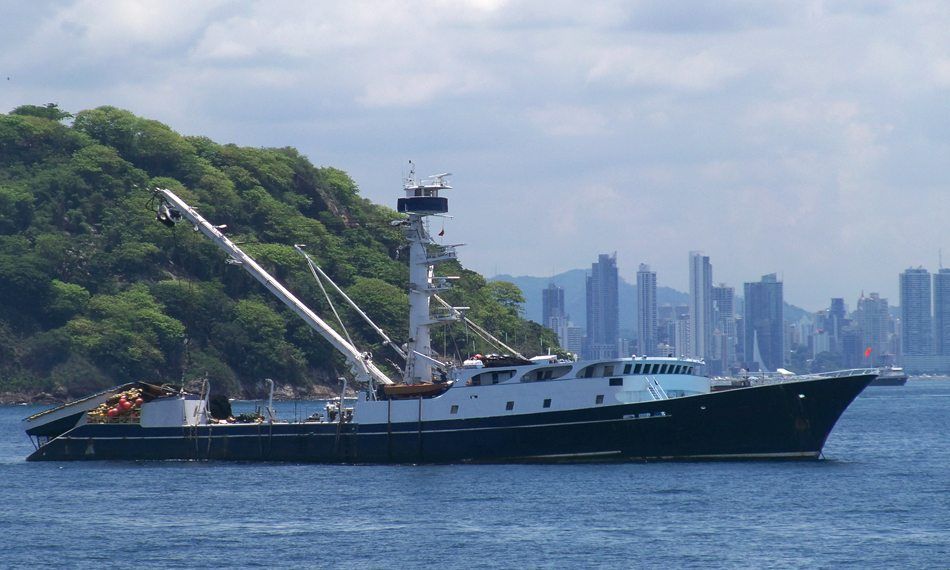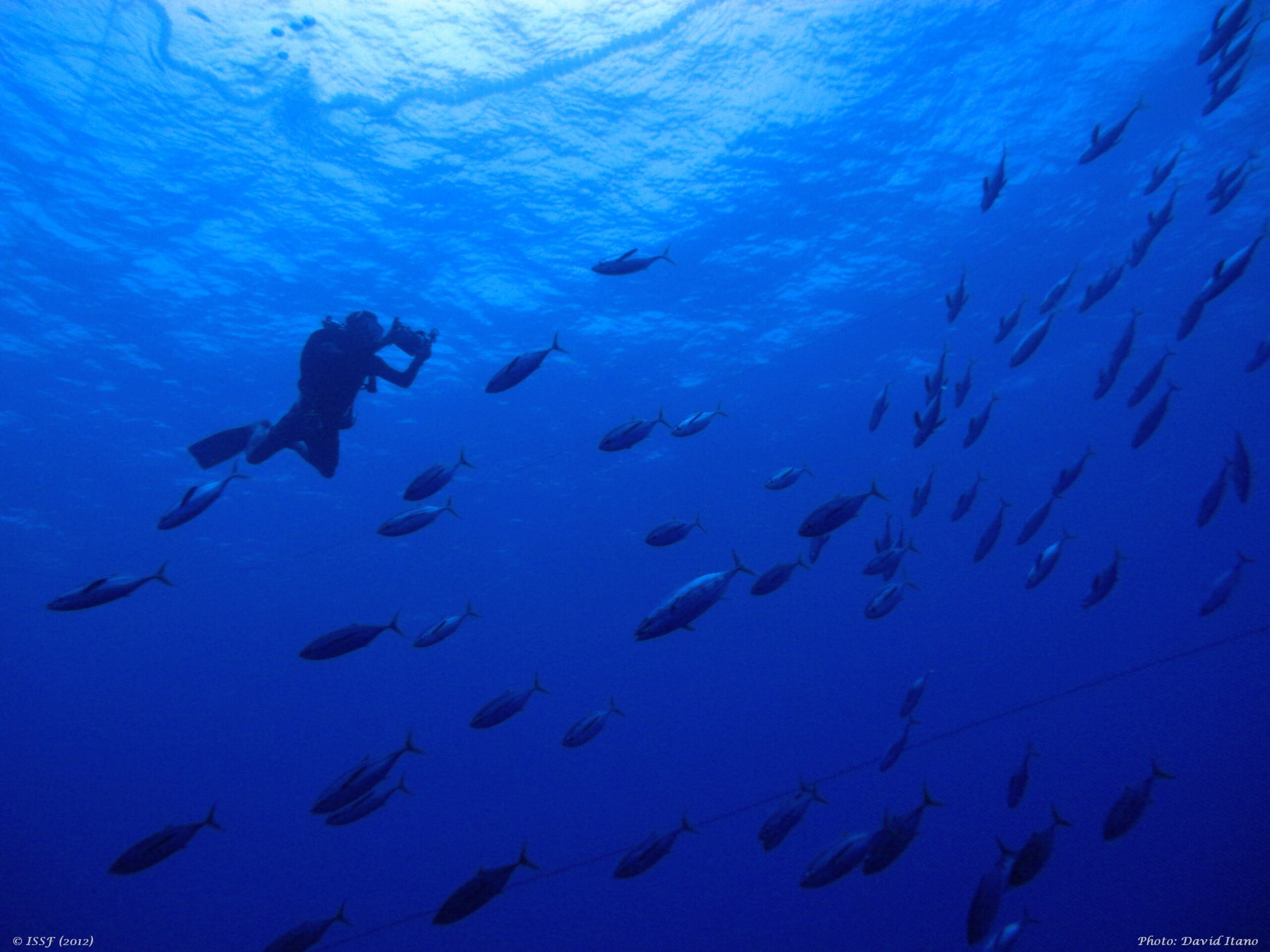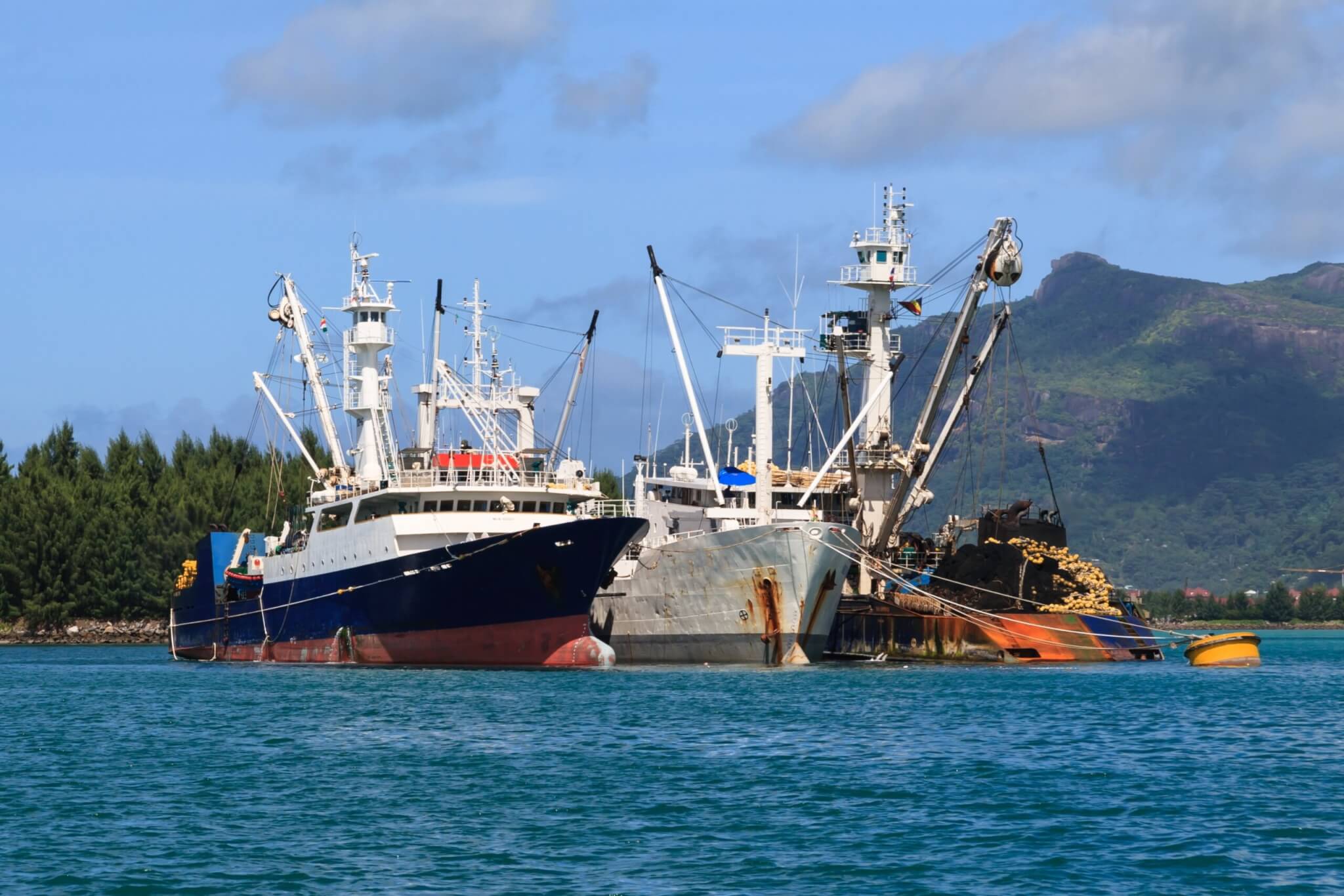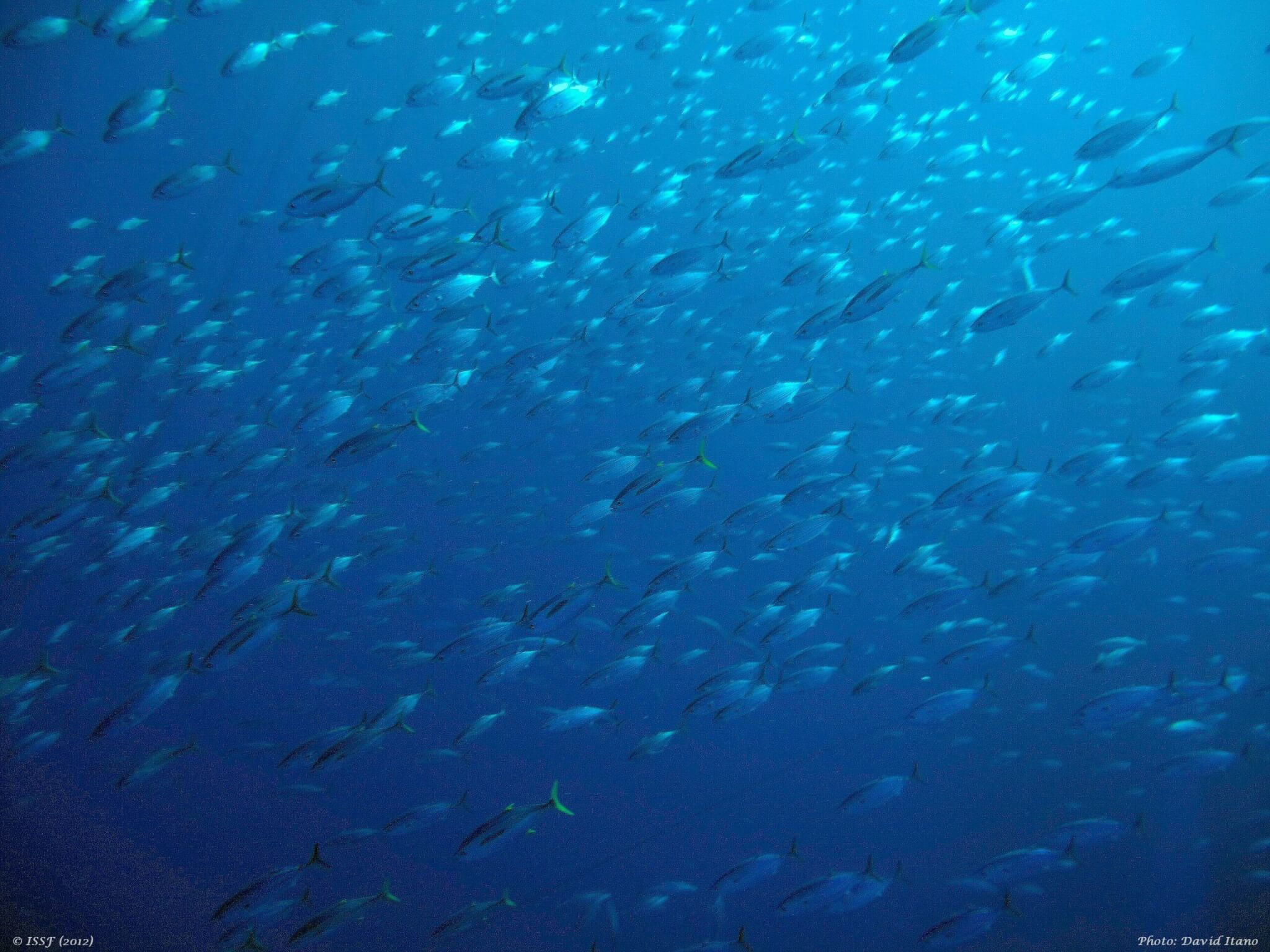NEW REPORT: 1,855 Purse Seine Vessels Authorized to Fish for Tuna
Featured News
Increase in Purse Seine Vessels Overall, but Fewer Large Scale Purse Seine Vessels Fishing for Tropical Tuna Species Globally
The International Seafood Sustainability Foundation (ISSF) has updated its report Large-Scale Tuna Purse Seine Fishing Fleets as of July 2021. The total number of purse seine vessels, calculated based on data from the five tuna Regional Fisheries Management Organizations (RFMOs), has increased from 1,721 in 2020 to 1,855 today. The report also shows approximately 678 vessels (down 2.6 percent from last year) defined as large-scale purse seine (LSPS) vessels targeting tropical tuna species (skipjack, yellowfin, and bigeye), with a combined fishing capacity of over 865,000 m3 (cubic meters).
Having an accurate estimate of active vessels is critical for managing tuna fishing capacity regionally as well as globally. Although purse seine vessels account for approximately 69 percent of the 5.0 million-tonne global tuna catch, multiple databases must be searched to compile a count of all authorized purse seine vessels. To provide an annual best estimate — and to track capacity changes from year to year — ISSF analyzes and aggregates information from the five tuna RFMOs and other sources.
Featured Infographic
An infographic shows the size and fishing capacity of the large-scale purse-seine fleet fishing for tropical tunas worldwide, based on ISSF research.
It also indicates how ISSF’s ProActive Vessel Register (PVR) vessel list helps to provide transparency of the fleet’s fishing activities, including changes in fish hold volume.
Featured Blogs
Helping Fisheries Managers Better Monitor and Enforce Requirements for Member States
What good are regulations if they’re not followed? Why adopt policies without a strong plan to monitor adherence to them?
In an era of greater expectations regarding transparency and accountability, these are the questions stakeholders are increasingly asking of RFMOs. And for tuna fisheries, a vital, global food source and economic engine, those expectations are especially heightened. Now, a group of policy experts is stepping in to help tuna RFMOs continue strengthening their compliance processes.
A companion piece on the Pew Charitable Trusts website, “Enhanced Monitoring and Enforcement Needed to Improve Sustainability of International Fisheries,” introduces the reports from the expert workshops that are seeking to strengthen RFMO compliance mechanisms.



